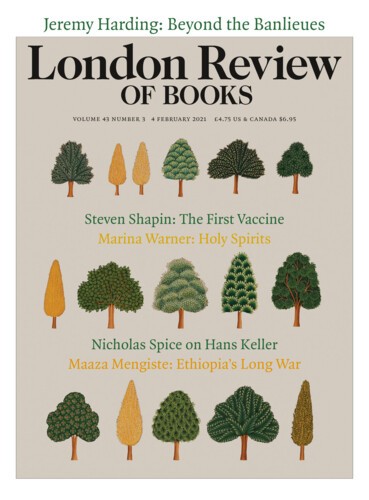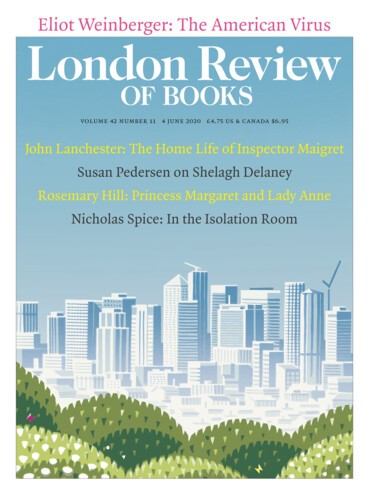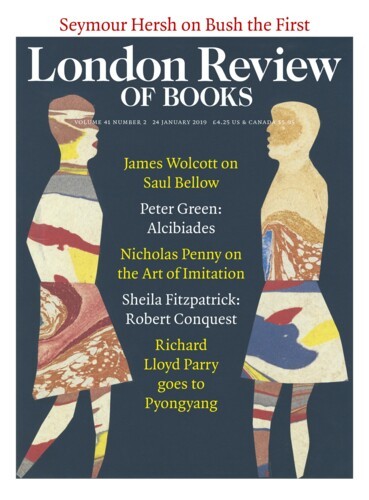Everybody wanted to meet Joseph Banks; everybody wanted to see the spoils of his voyage. He had been elected to the Royal Society even before the Endeavour voyage and now he was admitted to its inner circles. There were sparkling dinner parties; he became a member of the taste-defining Society of Dilettanti and the Society of Antiquaries; and he was presented to the king, soon becoming a royal favourite and trusted adviser to the agriculturally obsessed ‘Farmer George’. Banks came back a cad as well as a hero. Botany in the Linnaean mode was already considered a louche science in the late 18th century – all that unwholesome prying into the sex lives of plants – and the Encyclopaedia Britannica announced that ‘obscenity is the very basis of the Linnaean system.’ London satirists drew cartoons of Banks as a foppishly affected ‘Botanic Macaroni’ and as ‘The Fly Catching Macaroni’, while Gillray produced ‘The Great South Sea Caterpillar, Transform’d Into a Bath Butterfly’. But Banks brought a special frisson to the figure of the botanising voyager.
The Multifarious Mr Banks: From Botany Bay to Kew, the Natural Historian Who Shaped the World by Toby Musgrave. There was very often a scientific purpose to the collecting – it’s always good to find new species – but there is no missing the sheer delight Joseph Banks took in going about it. Banksian collecting involved tramping, climbing, shooting and fishing. He was a plant hunter as much as he was a collector.





